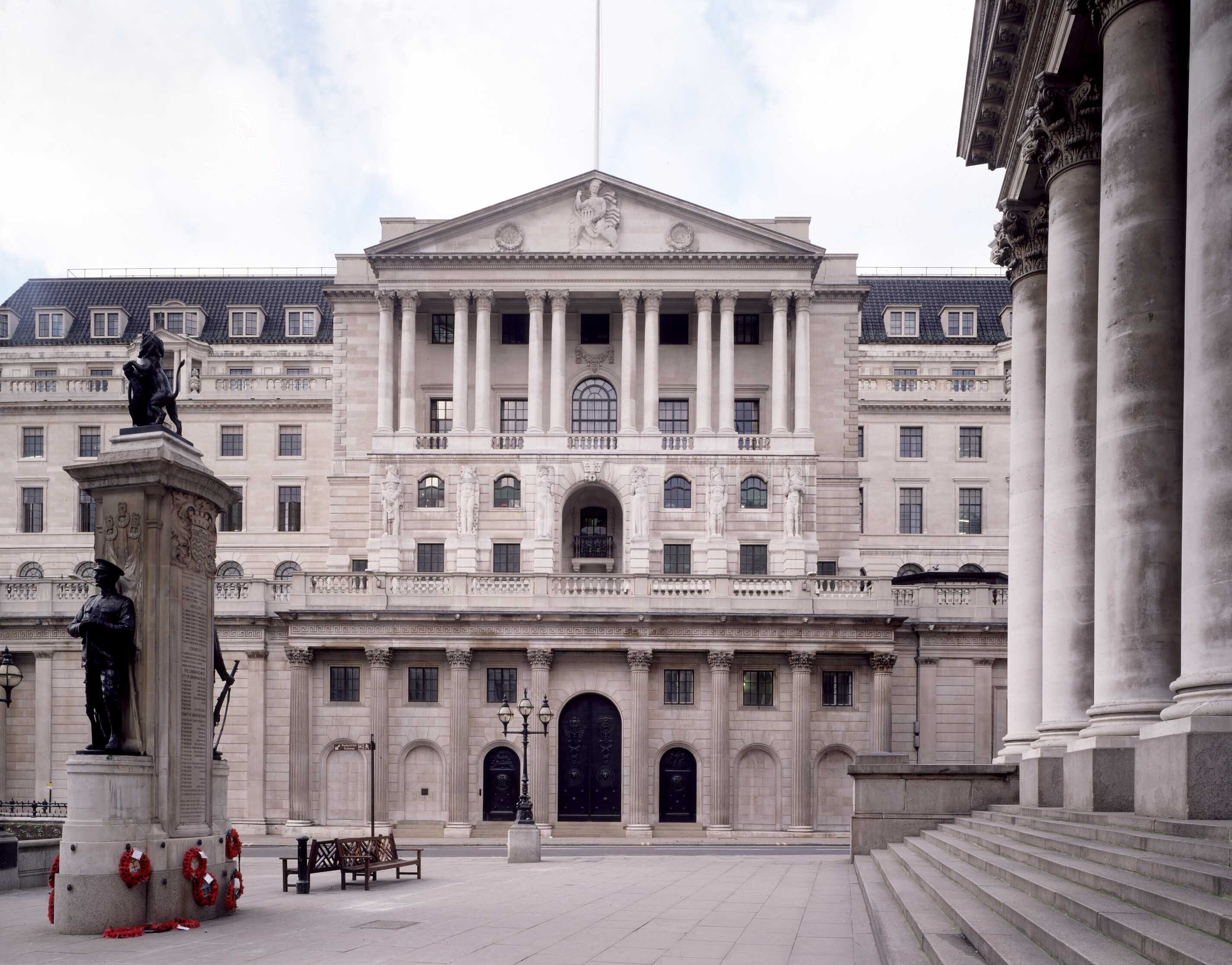What can President Obama learn from Africa’s entrepreneurs?

African entrepreneurs are enjoying the spotlight, hosting President Obama this week at the Global Entrepreneurship Summit in Nairobi, Kenya. The continent’s entrepreneurs — whether using mobile technology to leapfrog the competition or off-grid innovations to power rural villages — are helping to lift once unstable countries into some of the fastest-growing economies in the world.
African entrepreneurs have a “hunger to make speedier and better decisions,” says Dr. Frannie Léautier, chairperson and co-founding partner of Mkoba Private Equity Fund, which offers growth capital to small and medium enterprises in Africa. “It is hard not to be optimistic when looking at Africa.”
In the first of a two-part interview, she discusses the opportunities Africa presents, the role companies can play in developing infrastructure and workforces, as well as what her message to Obama would be:
There has been a lot of talk in recent years of “Africa ascending.” What do you think all the optimism is based on?
It is hard not to be optimistic when looking at Africa through seven critical numbers:
- First, the continent is enjoying a demographic dividend, with the majority of its people being under 25, while life expectancy is also improving. This makes it a young and dynamic continent full of possibilities from its youth that can bring new ideas and bundle them with lessons from the wisdom of the older generation.
- Second, Africa is urbanizing very fast, with as many cities of over a million people as Europe. Urbanization can bring about a concentration of ideas and innovation and also to speed up democratization.
- Third, Africa is home to some of the fastest-growing economies, which have shown resilience to shocks such as the financial crisis and pandemics. The results of a decade of smart macroeconomic management are apparent in the opportunities for transformation in a number of sectors, providing a real chance for industrialization to take off on a strong foundation.
- Fourth, the continent is rich in natural resources at a time when such resources are needed to fuel its own growth rather than just create export earnings. Large expanses of land for agriculture could enable the continent to feed itself and the world. Rich discoveries of oil and gas reserves and an abundance of minerals and rare earths make the continent an exciting place for the extractive industries for export and for its own needs.
- Fifth, there has been tremendous progress on the policy front to implement regional integration, creating huge untapped market opportunities. There is now a common market from Cape Town to Cairo as a result of decisions taken recently to converge three regional economic communities into one big trading space.
- Sixth, there are a growing number of highly educated consumers with preferences for sophisticated products and services within and outside their immediate vicinities, which is creating demand for manufacturing and trade across a wide range of countries.
- And finally, there is an increasing sense of optimism for the future, purpose about the present, and pride of the past achievements amongst the people of Africa that is fueling a hunger to make speedier and better decisions.
All these are reasons to be optimistic about Africa. Of course, a lot remains to be done, but as we say in Africa, the lion has to get up and run for its food and the antelope has to get up and run from the lion. So no matter what future or present, we have to get up and start running today.
How can companies help unlock the potential of this demographic dividend?
Companies can be the critical agents to bridge the gap between academic learning and practical problem solving. Offering internships and mentorships so young people can learn on the job in areas of technology and engineering could speed up the development of technical skills in high demand.
In the next three to five years, Africa is expected to lose up to 60 percent of its talented engineers and technicians due to retirement, precisely at the time when it needs those skills to put in place the infrastructure and manufacturing needed for its transformation. This “paradox of the young” means we have to simultaneously address the job needs of the youth while keeping in place experienced people close to retirement.
Using on-the-job learning and partnerships between the private sector and universities and training institutions could help address this skills challenge. Mentoring approaches that pair the young with experienced people close to retirement could also allow African companies to leapfrog into new technologies by pairing with companies that can bring in the know-how.
We have seen this happen with mobile technology, which has allowed youth to innovate across a wide range of mobile applications. We can imagine similar approaches using solar energy, distributed electricity generation or clean transport.
What message would you want President Obama, as well as the international investment community, to take away from this week?
African entrepreneurs and their businesses are dynamic, resilient and open for transformation. They face severe constraints in access to growth capital and could also benefit from ideas from outside.
Effective strategies that provide capital, capacity building, joint ventures and partnerships, as well as mentoring and networking could go a long way to addressing the challenges African entrepreneurs face. Investing in African entrepreneurs is also smart development investing, as it moves away from aid dependency towards sustainable development financing.
Supporting African entrepreneurs is therefore a key lever for transformation, and President Obama and the international community would find eager, innovative and hardworking entrepreneurs ready for partnership.
This article is published in collaboration with GE Ideas Lab. Publication does not imply endorsement of views by the World Economic Forum.
To keep up with the Agenda subscribe to our weekly newsletter.
Author: Dr. Frannie Léautier is Chairperson and Co-Founding Partner of Mkoba Private Equity Fund.
Image: An employee registers a customer for a mobile money transfer, known as M-Pesa, inside the Safaricom mobile phone care centre in the central business district of Kenya’s capital Nairobi July 15, 2013. REUTERS/Thomas Mukoya.
Don't miss any update on this topic
Create a free account and access your personalized content collection with our latest publications and analyses.
License and Republishing
World Economic Forum articles may be republished in accordance with the Creative Commons Attribution-NonCommercial-NoDerivatives 4.0 International Public License, and in accordance with our Terms of Use.
The views expressed in this article are those of the author alone and not the World Economic Forum.
Stay up to date:
Africa
Related topics:
Forum Stories newsletter
Bringing you weekly curated insights and analysis on the global issues that matter.
More on Economic GrowthSee all
Isabela Bartczak
December 3, 2025






